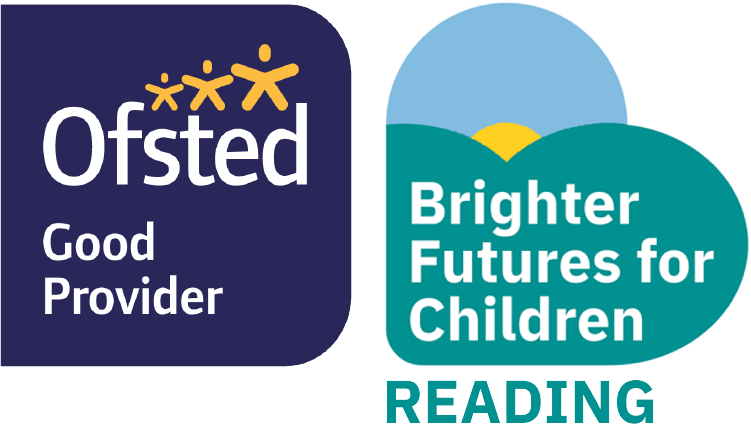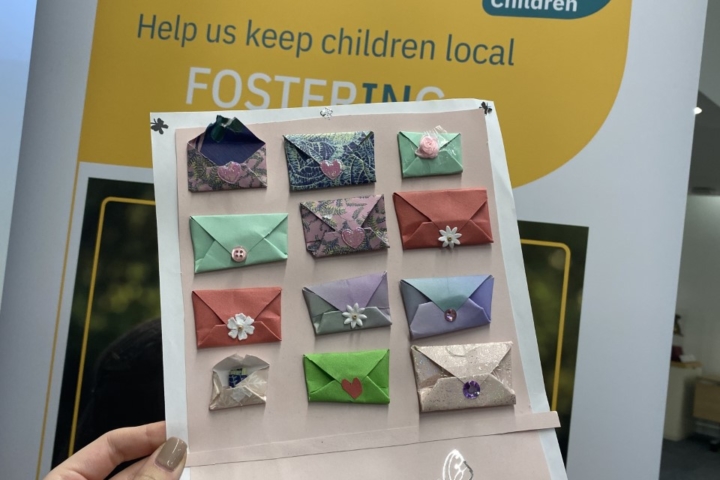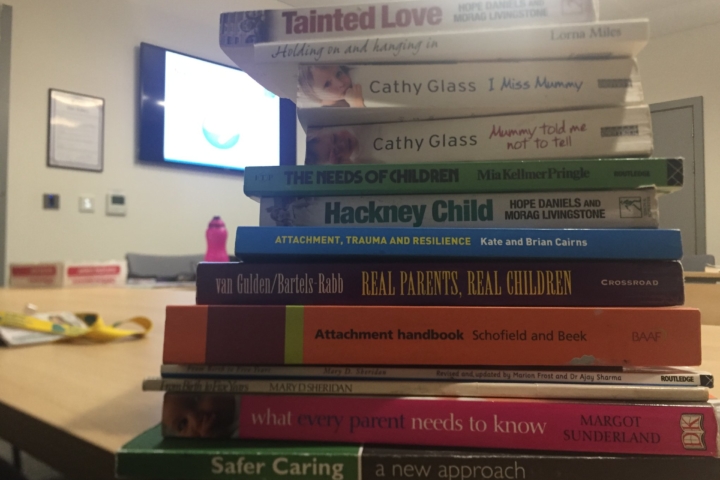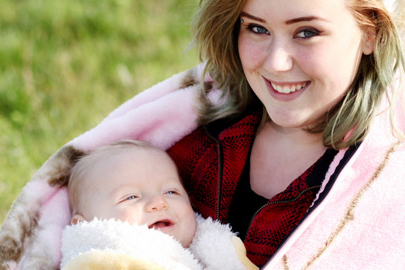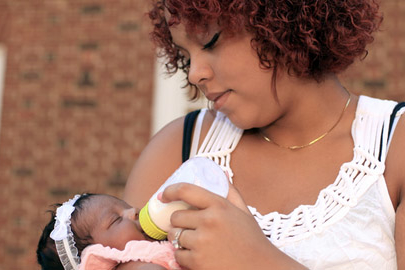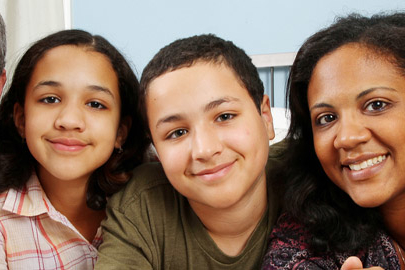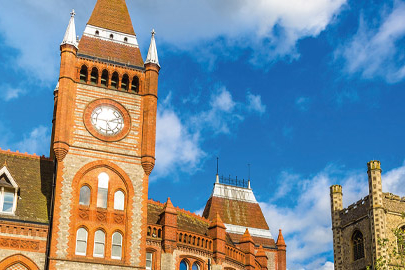- Home
- About fostering
- Foster carer pay and allowances
If you’re thinking about fostering, it can sometimes feel uncomfortable asking about money, but it’s absolutely fine to speak with us about this. You need to know if fostering will work for you financially and so do we.
Fostering is a serious career option so we pay our foster carers a generous and competitive package so the right people can afford to foster.
Please note, from 1 October 2024 our revised carer fees will be applied and from 1 April 2025, our new allowances come into effect. Both of these are listed under carer fees and allowances below.

Reward and maintenance
Foster carers’ pay has two parts, the reward for the foster carer plus maintenance pay, or an allowance, for the child. You will receive your reward, plus the child’s allowance when they are living with you. These are paid fortnightly directly into your bank account.
Foster carer reward payments
The reward is basically your income as a foster carer.
At Brighter Futures for Children’s IFA, we currently have three different reward levels (1-3), based on the knowledge, skills, experience and training of a foster carer. If you are a Level 3 foster carer, you will receive a weekly reward of up to £433.97 or up to £22,566.44 per year, most of which is tax free. You will receive the reward when you have a child in your care.
From 1 October 2024, our level and reward structure changes to reflect the complexity of the child’s needs and the experience/training of the foster carer. Both sets of rewards can be found below.
Under the new structure, you can earn up to £33,800 and the minimum reward will be £10,400.
Currently, if you look after more than one child, you will receive an additional 50% reward for the second and another 50% for the third child. This means if you look after three children, you will effectively be receiving two full reward payments.
We support foster carers to progress through these reward levels, if you want to. Foster carers bringing relevant transferrable experience, especially previous fostering experience, start at a reward level which reflects this.
You will receive a two-week break for 14 days pro-rata.
Current foster carer rewards up to 1 October 2024
| Carer Levels | |||
| Current Levels | Level 1 | Level 2 | Level 3 |
| Weekly Foster Carer Reward | £108.49 | £216.98 | £433.97 |
| Annual | £5,641 | £11,283 | £22,566 |
New foster carer rewards from 1 October 2024
| Carer Levels | Specialist Roles | |||||
| New Levels / Roles from 1/10/24 | Level 1 | Level 2 | Level 3 | Disabilities / Medical Support Carer | Intensive Therapeutic Support Carer | Parent & Child |
| Weekly Foster Carer Reward | £200 | £300 | £450 | Carer level 2 or 3 payment + additional weekly reward of £100 for child with severe disabilities or £200 for child with profound disabilities. |
£650 (Level 3 reward + £200) |
£650 (Level 3 reward + Level 1 fee) |
| Annual | £10,400 | £15,600 | £23,400 | £20,800 – £33,800 | £33,800 | £33,800 |
Maintenance allowances
When you have a child placed with you, you will also receive maintenance (an allowance) for the child.
The amount varies depending on how old the child is and could be from £177 to £281.49 (this equates to £9,204-£14,637 in a full year). The allowance will pay for the child’s day-to-day care, for example: food, clothing, hobbies, transport, outings and babysitting costs.
The child’s allowance is a weekly amount and is paid fortnightly, along with your reward, straight into your bank account. It does not count as income for tax purposes or any means-tested benefits and it does not have to be declared.
From April 2025 we are revising our allowance payment to include payment to support and incentivise foster carers’ professional development as well as increasing our ‘introduce a friend’ payment and paying additional allowances for taking a foster child with you on holiday.
There are lots of other new incentives which you’ll find out about on your foster carer approval journey.
Employment status, tax and benefits
Foster carers are classed as self-employed. This means you will need to register with HMRC and do your own taxes. To support you with this, we offer free training as part of The Fostering Network and you can learn more about tax and national insurance here.
Foster carers can receive £10,000 in fostering income (fees) per year without having to pay tax. Foster carers also get a weekly tax relief amount for each foster child – £200 for children under 11, £250 for children aged 11 or over. So foster carers are generally exempt from paying tax on their income.
When you foster, your fostering allowance isn’t classed as income for the purpose of calculating means-tested benefits. Therefore, if you are able to claim them before fostering, it’s likely that you can continue to claim whilst you are fostering.
Means-tested benefits include income support, working tax credits, child tax credit, housing benefit, council tax reduction and universal credit.
It’s important to note, that just as your fostering income isn’t considered as income for means-tested benefit, any foster child you care for can’t be considered as a member of the household for the purpose of benefit, because you have your fostering allowance.
- Qualifying Care Relief means your fostering allowance won’t affect your entitlement to most state benefit payments.
- Fostering allowance will not affect Housing Benefit or Universal Credit. If you claim Carer’s Allowance or Disability Living Allowance (DLA) for your own child, it will not affect these either.
- Because fostering counts as self-employment, you could be entitled to Working Tax Credit and Child Tax Credit if you have children of your own.
- The only exception is Jobseeker’s Allowance (JSA), which will be affected if you are receiving fostering allowance
If you have a foster child with a disability, you can make an application for Disability Living Allowance (DLA) on their behalf.
You can learn more about benefits on the GOV.UK website.

Benefits of working with us
- Your own supervising social worker who will support you
- A foster carer buddy/mentor to help you through your first year
- Out of hours and evening support phone line
- Monthly support groups with our trauma-informed practitioner
- Membership to The Fostering Network, providing further support and discounts
- A £1000 thank you when you refer a friend who becomes a foster carer
- Fun social events with foster families throughout the year including our annual foster carer awards evening
- Free excellent training opportunities
Still have a question about rewards and allowances? Check out our FAQs or give us a call on 0118 469 3020.
